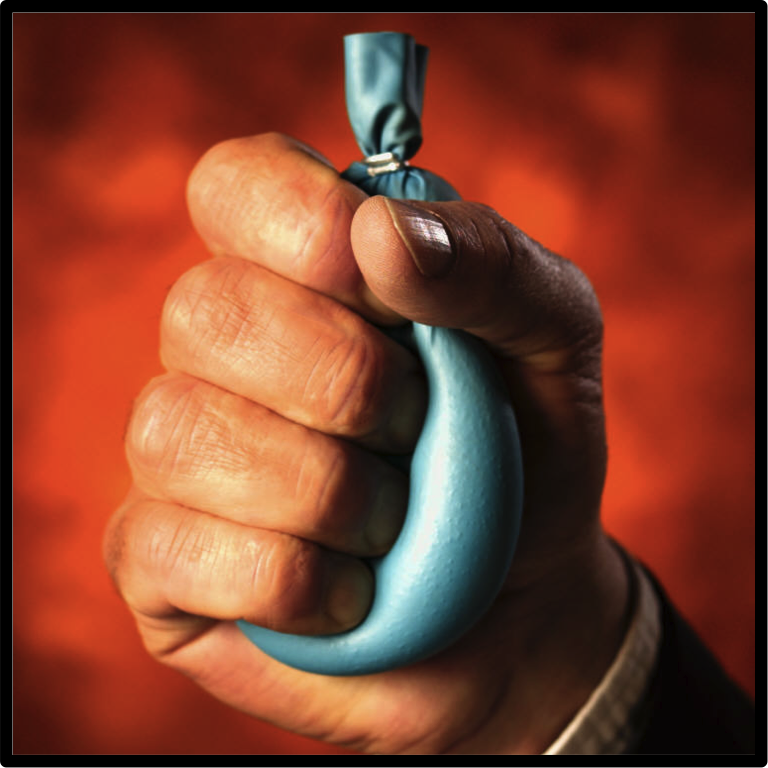 Have you ever seen a monkey get angry? It’s not a pretty sight.
Have you ever seen a monkey get angry? It’s not a pretty sight.
I spend a fair bit of time in Africa each year. On one of my trips, I went on a safari. (Note: once you’ve seen animals in the wild, you’ll never want to visit a zoo again.) During that day, my group and I pulled into a rest area to eat lunch. Guess who was already waiting for us. Yep. Monkeys.
At first, you think they’re cute. Then you watch them for a while and you slowly realize that they are filthy little thieves/opportunistic punks. They have all figured out that when humans show up with a bag or box, there WILL be free food inside. I can’t actually blame them. I certainly would rather shoot for a free meal by dodging tourists than dodging predators. Besides, some dumb tourist will eventually hand the food over as a gesture of inter-species goodwill. Suckers.
And by suckers, I’m explicitly talking about the humans. Because once a human gives even the tiniest portion of food away, I’m convinced that a telepathic message is sent to the rest of the entire monkey colony saying, “We have a target. Take your positions.”
So I watched this whole thing play out, observing with the typical curiosity that we all have while watching a train wreck. A tourist “successfully” gave a monkey a bit of food. The thieving scam artist monkey sat there, happily munching on the food while “patiently” waiting for more. What did the tourist do? Told his friends to come over and “bring the camera.” But as soon as the small group turned their attention to the deceitful nice monkey, a handful of other monkeys rushed in, grabbed their plastic grocery bag full of food and drinks, then tore back to the bush to split their new found booty. The tourists only caught on to the ruse at the last moment, chasing after the monkeys unsuccessfully, while the original monkey slipped away to enjoy the spoils with his mates.
But here is when the most interesting part happened.
One of the monkeys grabbed a plastic bottle of juice. And he couldn’t figure out how to open it. At first, he just sat there, looking at the bottle then looking at his friends then looking out into space then looking at the bottle then looking at his friends again. After he tried biting it and pulling on it a couple of times without any progress toward opening the bottle, he started to get angry. Really angry. He showed his fangs, screamed until his friends looked at him, and threw the bottle down. When it wouldn’t open after that, he suddenly acted as if he was scared of the thing, scooting away in short bursts, alternating between short screams and backwards scooting, until he was “safely” away from the bottle (which just lay there, on its side, collecting dust).
So why did I tell you this story?
Because it illustrates two VERY important principles.
First, it shows what I call the definition of a problem. What you may see as a monkey and a bottle, I see as a set of unfulfilled expectations with limited alternatives to solve them. This is the essence of a problem. The size of the problem is determined by the size of the unfulfilled expectations. The bigger the unfulfilled expectation (or more likely multiple expectations), the bigger the problem. If you shrink the expectation(s), you shrink the problem. Anyone ever have a big deal suddenly disappear because “priorities” have changed”/expectations have gotten smaller? The problem was no longer a big enough issue to put energy into solving.
But expectations are only half of the formula. For a  genuinely complex problem to exist, it must have limited alternatives to fulfill the expectations. In other words, a set of big expectations that are lying unfulfilled (like missed revenue targets, spiraling expenses, uncontrolled personal risk, etc.) must have limited alternatives to address whatever unfulfilled expectations need attention. The alternatives to deal with the expectations must either be limited or suddenly taken away.
genuinely complex problem to exist, it must have limited alternatives to fulfill the expectations. In other words, a set of big expectations that are lying unfulfilled (like missed revenue targets, spiraling expenses, uncontrolled personal risk, etc.) must have limited alternatives to address whatever unfulfilled expectations need attention. The alternatives to deal with the expectations must either be limited or suddenly taken away.
If I took you into the African bush for an overnight adventure, you would have all kinds of expectations – with safety being your first priority. But as long as I gave you options to address your expectations, there probably wouldn’t be any problems (except for those of you who can’t stand camping of any kind, because you’ll complain about everything no matter what). But if I started taking away the options that meet your expectations, what I am calling your alternatives – like the fence around the camp, the armed guides, the electricity, and so on – your experience would go from exotic vacation to Jurassic Park nightmare.
The same thing happened to the monkey. His expectations of a free drink were increasingly stressful as he could not find an alternative to fulfill his expectations.
Which leads me to my second point. This story shows how people typically respond when complex problems create stress. Certainly, we are not monkeys, but we can sure act like them  some times. When we become stressed by a significant problem, we can shut down (freeze) like the monkey did at first. We look at the problem, we look at our friends, we look out in space, we look back at the problem, and so on. While our brains sit frozen. And the pressure only increases. So we can become combative (fight). We lash out. At anyone. Or anything. We get angry, hoping our emotional energy will somehow create an alternative magically. Which doesn’t work. So we can withdraw (flight). We run away. We hope the problem will go away while our attention is put elsewhere. While we we ignore it completely. While we get as far away as possible.
some times. When we become stressed by a significant problem, we can shut down (freeze) like the monkey did at first. We look at the problem, we look at our friends, we look out in space, we look back at the problem, and so on. While our brains sit frozen. And the pressure only increases. So we can become combative (fight). We lash out. At anyone. Or anything. We get angry, hoping our emotional energy will somehow create an alternative magically. Which doesn’t work. So we can withdraw (flight). We run away. We hope the problem will go away while our attention is put elsewhere. While we we ignore it completely. While we get as far away as possible.
This also makes me think of our customers. They are struggling with complex problems. They may not even be acutely aware that the problem exists (which makes your skills at uncovering expectations and alternatives EXTREMELY important), but they are surely feeling the effects of the problem. Because they are stressed out. They are frozen, fighting, or running away. Or a mix of all three options. And you can either be turned off by their reactions or you can recognize that the reactions are just that – the effects created by the existence of a complex problem – and put your efforts into addressing the root causes and being a problem-solver.
And effectively calm the monkeys down.
I mua. Onward and upward.


Well, when you look at it this way…seems solving the problem is not as gigantic as I once thought. Thanks, Tim. As usual, great insight.
Thank you, Susan.
Hi Tim: great points here. I particularly related to the point about why it’s so important to define problems correctly, because few salespeople are good at doing this, and the risks can haunt them further down the road.
This is not always the salesperson’s fault. If they’re steeped in a product culture, they tend to view everything from the vantage-point of what they sell or what their company does. “If what you’re selling is a hammer, then every problem looks like a nail,” the saying goes. . .
Where this gets especially ugly is at the point of decision, or at contract signing. What customers often say is “Well . . . this doesn’t exactly address what we really need . . . ” The salesperson’s first, knee-jerk line of defense? “How much do we need to discount to win your business?”
Nail the problem definition up front, and align a solution to fit, and your risk is lower. (caveat: problems change, so you still need to ask, ask, ask, and then validate, validate, validate). An article I wrote on this topic might be of interest: “You Can’t Propose a Solution if You Don’t Correctly Define the Problem” http://www.customerthink.com/blog/if_you_don_t_first_nail_the_problem_you_won_t_find_a_solution
Thanks, Andy. And I love your blog post on the subject. Definitely must read material for anyone who has enjoyed this topic at all – loaded with great wisdom.